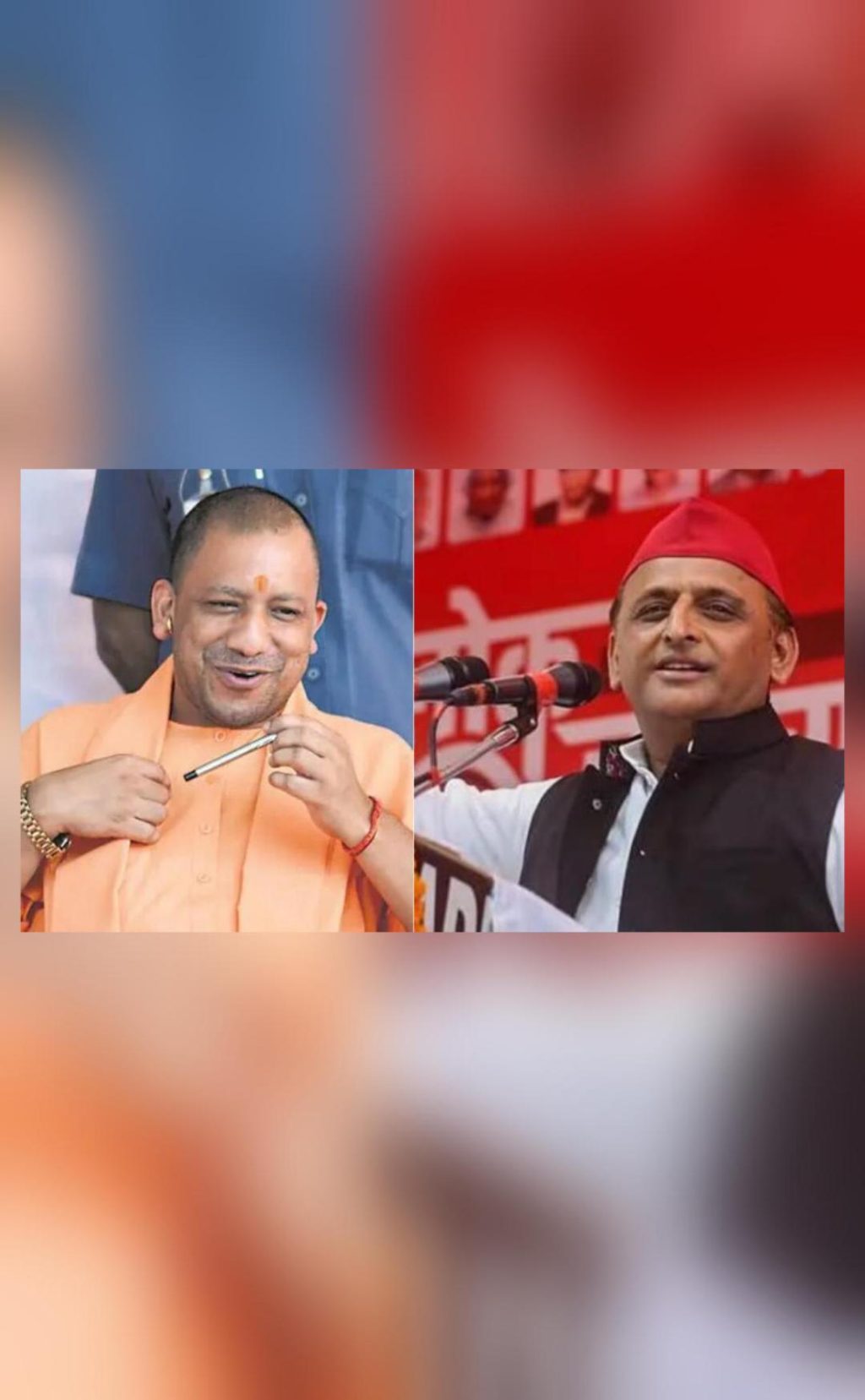
₹4,000-cr scholarships given to 56 lakh students: UP Minister
In a remarkable feat, the Yogi Adityanath-led government in Uttar Pradesh has set a new record by distributing scholarships worth ₹4,000 crore to 56 lakh students. This announcement was made by UP Minister Asim Arun on Tuesday, highlighting the government’s commitment to providing financial assistance to the students of the state. In comparison, the Samajwadi Party government, which was in power before the current regime, had distributed scholarships worth ₹2,600 crore to 34 lakh students during its tenure.
The Minister’s statement is a testament to the government’s efforts to provide education to the masses and ensure that no student is left behind due to financial constraints. The ₹4,000 crore scholarship amount is a significant increase from the previous regime’s allocation, indicating the government’s commitment to investing in the education sector.
According to the Minister, the process of distributing scholarships was transparent and fair, which is a stark contrast to the previous regime. During the Samajwadi Party’s tenure, there were allegations of corruption and irregularities in the distribution of scholarships. However, the current government has taken steps to ensure that the process is free from any kind of corruption and that the students receive the scholarships in a fair and timely manner.
The UP government’s decision to increase the scholarship amount and the number of beneficiaries is a welcome move, especially for students from low-income families. The scholarships will provide a significant financial boost to these students, enabling them to pursue their higher education without worrying about the financial burden. This will not only benefit the students but also the society as a whole, as educated individuals are more likely to contribute positively to the economy and society.
The UP government’s commitment to education is evident in its numerous initiatives aimed at improving the education sector. The government has launched several programs to improve the quality of education, increase access to education, and provide financial assistance to students. The scholarship scheme is one of the many initiatives aimed at ensuring that education is accessible to all, regardless of their financial background.
The government’s emphasis on transparency and accountability in the distribution of scholarships is also commendable. In an era where corruption is a major concern, the government’s commitment to transparency is a breath of fresh air. The Minister’s statement that the process was transparent and fair is a testament to the government’s efforts to ensure that the scholarships are distributed in a fair and transparent manner.
The ₹4,000 crore scholarship amount is not only a significant increase from the previous regime’s allocation but also a testament to the government’s commitment to investing in the education sector. The government’s decision to increase the scholarship amount and the number of beneficiaries is a welcome move, especially for students from low-income families.
The government’s initiative to provide scholarships to 56 lakh students is also a significant step towards ensuring that education is accessible to all. The scholarships will provide a financial boost to students, enabling them to pursue their higher education without worrying about the financial burden. This will not only benefit the students but also the society as a whole, as educated individuals are more likely to contribute positively to the economy and society.
In conclusion, the UP government’s decision to distribute scholarships worth ₹4,000 crore to 56 lakh students is a significant achievement, especially considering the government’s commitment to transparency and accountability. The increase in the scholarship amount and the number of beneficiaries is a welcome move, especially for students from low-income families. The government’s initiative to provide scholarships to students is a testament to its commitment to investing in the education sector and ensuring that education is accessible to all.






